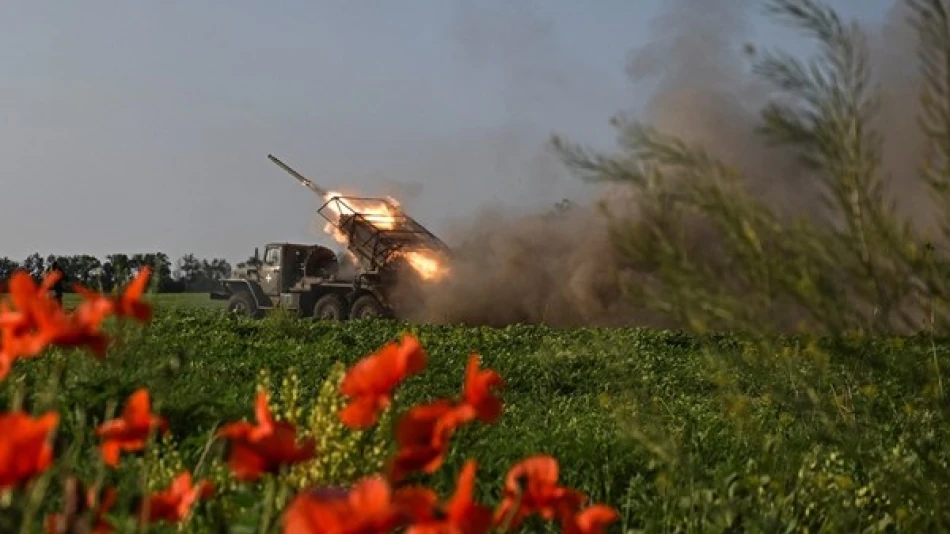
Allies Debate Security Assurances for Ukraine Ahead of Key Talks
France Leads 30-Nation Security Summit for Post-War Ukraine as Military Planning Accelerates
France is convening a virtual summit Thursday with approximately 30 countries to finalize security guarantees for Ukraine in preparation for a potential peace agreement with Russia. The meeting represents a critical juncture in Western planning for Ukraine's post-conflict security architecture, with European leaders increasingly taking the initiative while seeking essential American backing for any military deployment.
The "Coalition of the Willing" Takes Shape
The summit builds on months of intensive military planning by the Franco-British "coalition of the willing," established in February to support Ukraine beyond traditional NATO frameworks. According to the Élysée Palace, the meeting will review security guarantee work conducted over recent weeks, following a crucial European-American consultation in Washington on August 18.
Ukrainian President Volodymyr Zelensky is scheduled to travel to Paris Thursday, underscoring the urgency of finalizing these arrangements. His physical presence, while most other leaders participate virtually, signals Ukraine's central role in shaping its own post-war security framework.
European Initiative, American Insurance Required
The discussions highlight a fundamental shift in European defense thinking, with France and Britain leading efforts to establish credible security guarantees for Ukraine independent of full NATO membership. However, participating governments acknowledge that any European military role in or around Ukraine would require American security guarantees as additional backing—a recognition of the limits of European military projection capabilities.
Strategic Implications for Regional Security
This approach mirrors successful models from other regions where local powers provide frontline security while relying on American strategic deterrence. The arrangement could establish a new template for European security architecture, potentially extending beyond Ukraine to other contested regions along Russia's periphery.
Military Planning Enters Final Phase
Diplomatic sources indicate Thursday's summit will evaluate the latest plans developed by military commanders across multiple levels of engagement. The months-long planning process suggests these are not merely political gestures but detailed operational frameworks for potential deployment scenarios.
The timing appears deliberate, coming as diplomatic efforts to end the conflict may be gaining momentum. By having concrete security arrangements ready, Western leaders aim to remove potential obstacles to peace negotiations while ensuring Ukraine's long-term viability.
American Participation Remains Uncertain
While U.S. participation in Thursday's summit remains unclear, diplomats confirm Washington will be briefed on developments. This arrangement allows European allies to demonstrate initiative while maintaining American strategic involvement—a balance that could prove crucial for both alliance cohesion and Ukrainian confidence in any eventual agreement.
The summit represents more than contingency planning; it signals Western determination to ensure Ukraine's security regardless of how current hostilities end. For investors and policymakers, the meeting indicates growing European willingness to assume greater defense responsibilities, potentially reshaping transatlantic burden-sharing arrangements that have defined post-war security architecture.
Most Viewed News

 Layla Al Mansoori
Layla Al Mansoori






